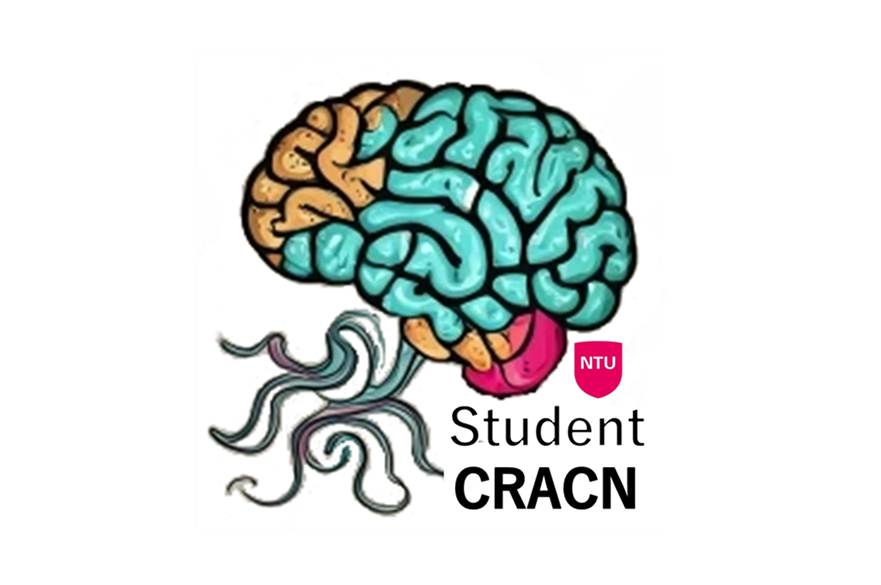Centre
Centre for Research in Applied Cognition and Neuroscience
Unit(s) of assessment: Psychology, Psychiatry and Neuroscience; Education
Research theme(s): Health Innovation
School: School of Social Sciences
Overview
Members of the Centre for Research in Applied Cognition and Neuroscience (CRACN) use behavioural and neuroimaging techniques to advance fundamental theoretical knowledge of cognitive and neural processes, and apply this to understanding performance in everyday tasks.
Research ranges across:
- the core cognitive abilities of attention, memory, and decision-making
- sensation and perception; vision and hearing and multisensory processing
- how we perceive other people, ourselves, and our bodies
- cognition in complex applied skills like driving, sports performance, eye/ear witness testimony
- sleep, circadian processes and the underlying processes
- the consequences of dysfunction and injury across these areas: Ageing, hearing impairment, visual disturbance during migraine, sleep disruption, circadian misalignment.
Research in CRACN uses a wide range of methodologies from computational models of cognition and perception to virtual reality and neuroimaging. Our laboratory facilities include a dedicated EEG equipped Sleep Lab, a Movement Lab , Driving Simulators, Sound Proof Booth, Transcranial Magnetic Stimulation, several EEG setups, Eye-Tracking, a “Digital Mirror” for studying body perception, and now fMRI.
Work conducted by members of the centre has been funded by various funding bodies (e.g., UKRI, ESRC, EPSRC, British Academy, Royal Society, BIAL Foundation), industry (e.g., Precision Biotics Ltd, Kier) and a range of charities (e.g., Road Safety Trust, RAC Foundation, the AA Foundation and the Fire Service Research and Training Trust).
Research groups
Perception, Attention and Memory Group
The Perception, Attention and Memory group, at the Psychology department of the School of Social Sciences, investigates the mechanisms involved in processing the world around us. Our research ranges from theoretical studies of visual, auditory and time perception, to more applied studies such as real-world search and consumer behaviour.
Sleep
Psychology’s sleep research considers the role that sleep plays in our health, safety, well-being, development and cognition, and uses a range of methodologies from qualitative and quantitative methods for analysing self-reports in surveys, to detailed measurement of sleep and circadian functioning using actigraphy, EEG and hormonal/physiological samples.
Transport Research in Psychology (TRiP)
The Transport Research in Psychology (TRiP) group undertake research into the psychological underpinnings of road user behaviour, with the aim of helping reduce death and injury on our roads.
Person Perception
The Person Perception Group are a collection of psychologists interested in how we process (perceive, remember, and interact with) human faces, voice, and bodies (person perception), from a theoretical and applied perspective, with applications of developmental, social, cognitive and evolutionary theory.
Hearing Research at NTU
This group undertake research into the psychological, biological and computational basis of hearing, and hearing impairment. Through an understanding of normal hearing and what goes wrong in deafness, we aim to provide a scientific basis for treating hearing related disabilities.
Student CRACN

Our student branch welcomes undergraduate and postgraduate NTU students with an interest in cognitive psychology and cognitive neuroscience. Student CRACN provides a forum for students to learn more about our research and to get involved, as participants and voluntary researchers.
Contact Kate Roberts at kate.roberts@ntu.ac.uk to join the mailing list.
PhD studentships
We welcome enquiries from candidates interested in completing a PhD within CRACN. More information about PhD opportunities can be found on our PhD studentship pages.
The fully-funded NTU studentship scheme typically opens in October, at which time CRACN projects will be advertised on the NTU webpages and jobs.ac.uk and/or findaphd.com.